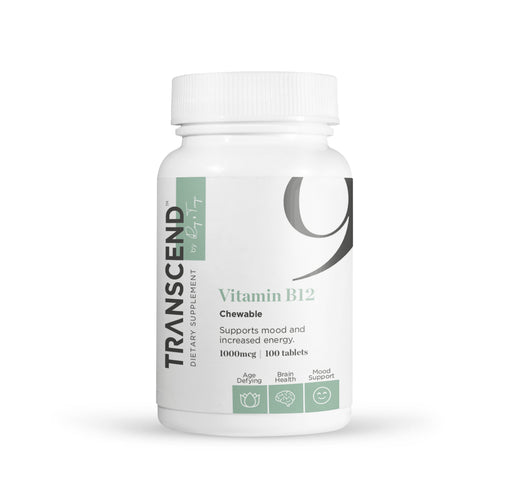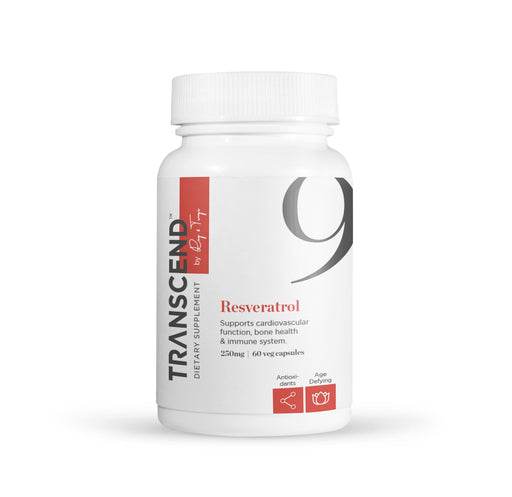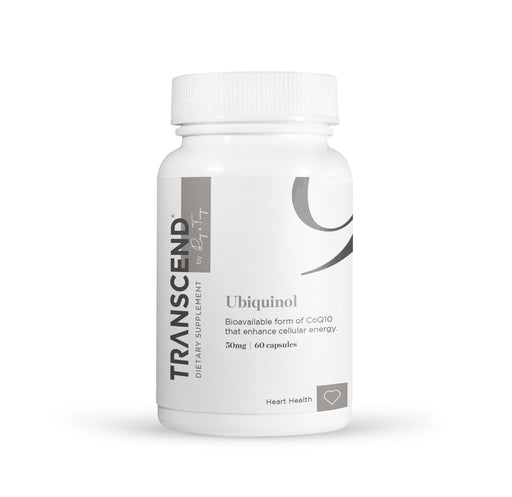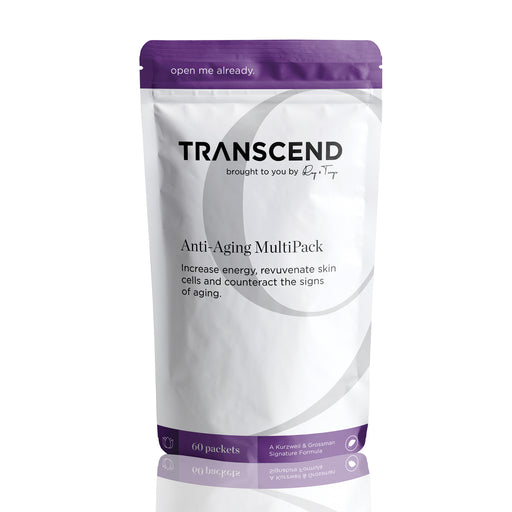
Vitamin B-12, Sublingual
Increased energy Improve mood Fight fatigue Common deficiency Better absorption Vitamin B12 (also called cobalamin) is one of eight water-solu...
View full details
Can vitamin D help increase your chance at survival if you become infected with Coronavirus?
Vitamin D has been studied for several applications and is emerging as a nutrient critical for long-term health. It's needed to utilize calcium and phosphorus in the body, promote bone growth, and maintain bone density. Vitamin D also has a positive impact on mood, mental health, cognitive function, immune response, and overall physical health.
Now, two recent studies show an association between vitamin D levels and COVID-19. Their results suggest that people who are deficient in this valuable micronutrient are more likely to experience serious health complications if infected with Coronavirus.
The first study—published earlier this month in the Aging Clinical and Experimental Research Journal—found patients with COVID-19 infections had a higher mortality and infection rate in Southern European countries, where people had lower vitamin D levels, compared to northern European countries where average vitamin D levels were higher.
These findings are partly because people in Southern countries, like Italy and Spain, as well as the UK, tend to avoid strong sun. The highest average levels of vitamin D are, perhaps surprisingly, found in northern European countries, such as Finland, Norway, Denmark, and Sweden. This is due to their higher consumption of cod liver oil and vitamin D supplements, and possibly less sun avoidance.
Final results yielded the possibility that vitamin D can protect against acute respiratory infections. Older adults, the group most deficient in vitamin D and who are experiencing such infections, are also the ones most severely affected by COVID-19. A previous study found that 75% of people in institutions, such as hospitals and care homes, were severely deficient in vitamin D, reinforcing the studies' claims.
The second study—led by researchers at Northwestern University and published in Medrxiv—has yet to be peer-reviewed, but its results echo those of the first.
In their analysis of publicly available patient data from around the world, researchers discovered a significant correlation between vitamin D levels and cytokine storms. A cytokine storm is a hyper-inflammatory condition caused by an overactive immune system that can severely damage the lungs and lead to acute respiratory distress syndrome and death. The study points to a correlation between Vitamin D and COVID-19 and concludes that Vitamin D strengthens innate immunity and prevents overactive immune responses.
Admittedly, in both studies, researchers suggest further testing is needed to draw a firm conclusion linking Vitamin D and coronavirus mortality rates. Accounting for limitations, like the level of testing and different public health measures taken by each country to prevent the spread of infection, is also a challenge. However, both conclusions were the same: low vitamin D levels are linked to a hyperactive immune system, which may exacerbate the effects of COVID-19.
It is much too simple to say that the effects of COVID-19 are worse in some populations because of their lower vitamin D levels. However, there are still steps you can take to make use of this new research and improve your overall health and wellness.
First, take a walk. There's no banking sunshine: no matter how much sun exposure you receive, Vitamin D is only stored in the body for 60 days. However, you can take a walk—following social-distancing protocols, of course—for 10-15 minutes a day. A brief but brisk walk will help you get the required dose of natural Vitamin D and squeeze in some exercise—both of which are proven to help promote longevity and better health.
Second, boost the Vitamin D you're getting naturally with a supplement. If you can't quite get enough Vitamin D—you have darker skin pigmentation, are aging gracefully, live in an area where there's more pollution, or lack the nutrient in your diet—supplementation is a great place to begin.
Of course, before adding Vitamin D supplements to your daily routine, follow TRANSCEND's first step and consult your doctor to find out if it's right for you.

Increased energy Improve mood Fight fatigue Common deficiency Better absorption Vitamin B12 (also called cobalamin) is one of eight water-solu...
View full details
Combat internal aging Protect cells from radiation damage Increase antioxidant capacity Take with lecithin for better absorption Optimal dose for...
View full details
2022 update: Future batches of this product will use a Ubiquinol product that is a greenish capsule rather than a red softgel Bioavailable form o...
View full details
2022 update: to maintain the same dose of Phosphatidylcholine you are accustomed to, we are moving back to the 420mg in 2 softgels! 2022 update: ...
View full details
Leave a comment